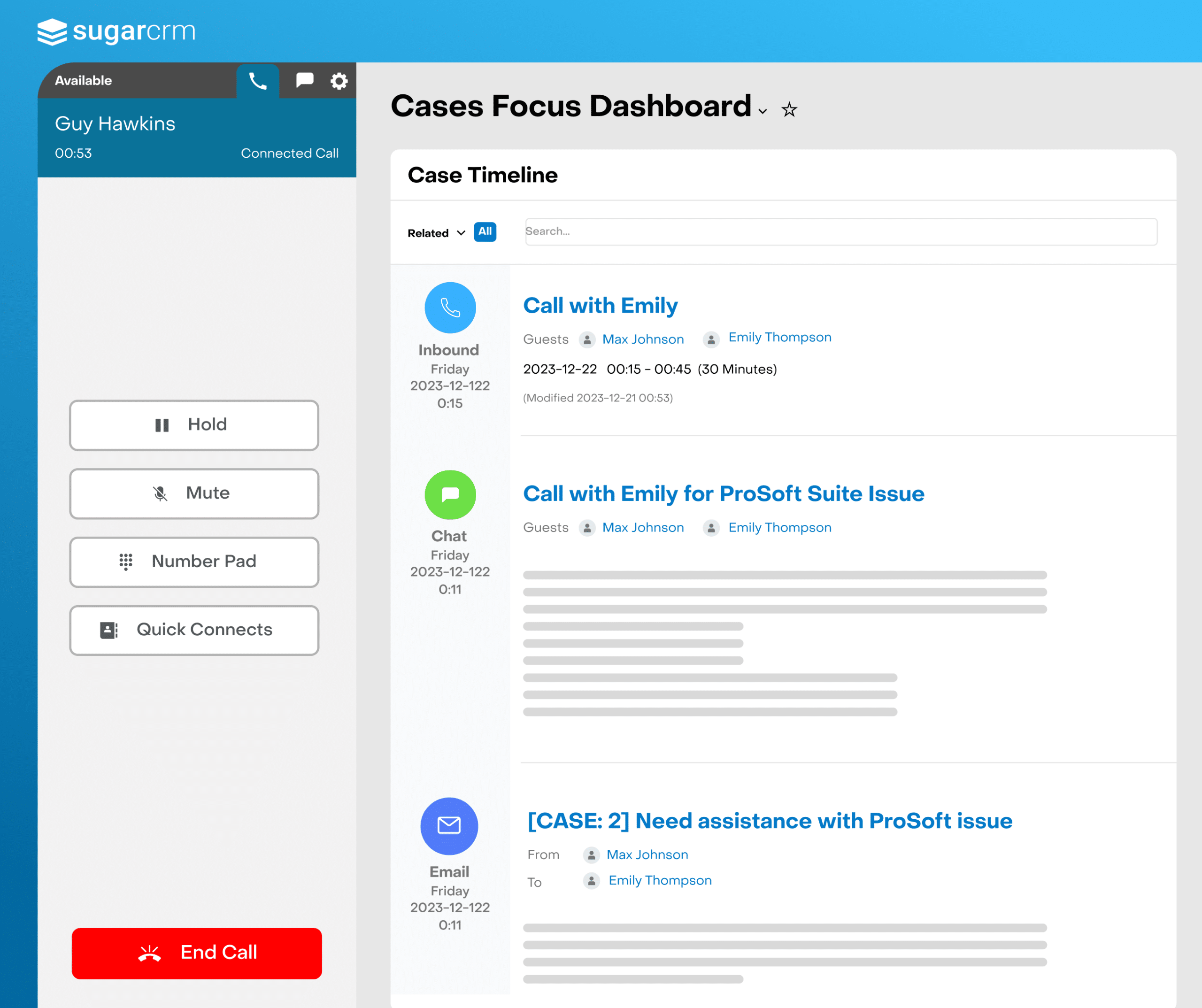How “future-proof” is your CRM application?
“Life is what happens to you while you’re busy making other plans,” sang John Lennon. He was talking about life in general – and in specific the future life of his son Sean in the song “Beautiful Boy” – but the sentiment is applicable to all kinds of situations – including CRM.
All successful CRM implementations start with planning – and plenty of it, the precise amount determined by the size and organizational complexity of the business in question. Those plans take into consideration what’s going on now and what is likely to happen in the near future. The result is a solution that, if implemented quickly, makes it easier to manage customer data (with the associated increase in revenue, customer loyalty and new sales) now and for a time of undetermined length after that.
But you want to assure yourself that the investment you’re making in CRM is not just for a brief future whose end will be determined by outside influences. For example, if your business sees an opportunity in a regulated industry like health care, insurance or human resources, you don’t want to be in a position where you have to weigh that opportunity against the costs of abandoning a cloud-based CRM application in favor of an on-site CRM application. Similarly, if you discover new lead management or a sales alerting software that’s a perfect fit for your organization, you don’t want to be in a position where you have to weigh its value against the high costs of integration.
You could also find that local data storage laws change. That could force you to move to an on-site option. Or, you could decide that economic conditions make a switch to the cloud the best option for your business.
What you want is a CRM application that “future proofs” the company around these kinds of choices. That means a range of deployment options that permits you to transition between delivery models as circumstances and resources require. If your CRM is provided in one flavor – on-site only, or just in the cloud – you may be stuck when business needs dictate a change. It may be possible to alter the delivery approach on a one-off basis, but that carries with it significant expense.
Liberation from a technology stack is also a way to future proof your company. Most large CRM vendors have gathered a set of ancillary software solutions and integrate them with the CRM product, which is great – if your needs are served precisely by all those solutions. But innovation does not often come from the big vendors; it comes from smaller companies, and it usually isn’t part of a large vendor’s technology stack. If you want to be agile and able to employ the latest technology when it’s the best fit for your business, you need a CRM application that’s more flexible and designed to integrate easily with any software, not just those stamped with the same brand as the CRM application.
SugarCRM’s objective is to be “future-proof;” not only do we keep all the options open for deployment models, we also keep your options open for the applications you can use to give your sales, marketing and support teams an edge over their competition.
By doing so, we think we can deliver a better ROI over the long term – and we can build better, longer and more fruitful relationships with our own customers by not limiting their choices.
Is there anything we can do to become more “future-proof?” Let us know in the comments!
